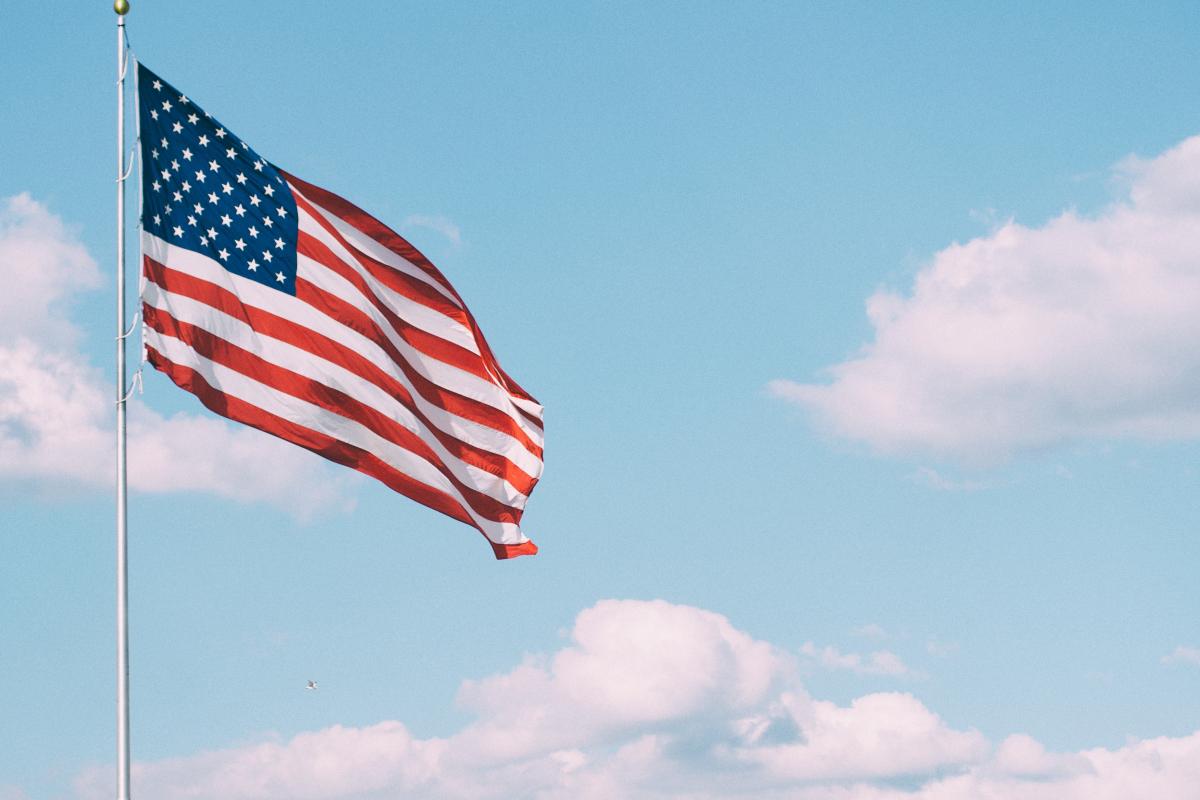BP and Toyota made many mistakes in their recent responses to consumer concerns. Allyson Stewart-Allen looks at the lessons we can all learn from them
No one could have predicted that the crises besetting BP and Toyota in America would translate into tens of billions of pounds in market capitalisation being wiped off the value of these venerable brand owners. To put this into context: for BP alone, £60 billion was shaved off the company's value in June, which is larger than the GDP of Libya.
Besides being some of the richest corporate dramas for several decades, these crises have all the makings of great movies (Kevin Costner would play Tony Hayward, BP chief executive, since Costner just happens to have a technology company that vacuums oil out of water) given the cast of characters – tacit CEOs, angry legislators, fishermen, Gulf shrimpers, flailing pelicans, out-of-control motorists, inquisitive newscasters – which will no doubt affect governments, regulators, energy and automotive companies around the world in ways we can only just begin to imagine.
As for BP, one of the most obvious ways the game is to be changed is in how the oil industry (and probably most other adjacent energy sectors) will be regulated and scrutinised. You can imagine a world in the future where governments in Europe, the US, Latin America, Asia and the Middle East will demand upfront assurances from oil companies that they've done their homework on the environmental impact of any drilling they do – whether it's onshore or offshore.
They will be questioned about their promises not to harm endangered arctic seals especially, when no such species are found in the regions where they intend to do exploration.
Another game-changing impact based on BP's US crisis management performance is in how companies prepare their executives to communicate in the diverse parts of the world where they do business. Corporate diplomacy skills have never been more needed or valued than now, as a direct result of oil companies and others now serving international customers, who are increasingly demanding and whose expectations have risen.
The internet has been a significant shaper for most companies needing to deploy cross-cultural skills and understanding, pulling them into foreign territories whether they wanted to expand or not. As a result, executives need to be well prepared to account for their actions in a variety of cultures.
As we've seen with Mr Hayward, his ability to communicate successfully to Americans has been poor at best. Not giving enough details about his contingency plans and processes (we like processes in America) and not communicating often enough has angered the US public and legislators alike.
Unlike the UK, silence means ‘nothing's happening, we're ignoring the problem'. Showing remorse is also an expectation of American stakeholders, as Mr Toyoda soon learnt after his performance in front of Congress and American television viewers. He was accused of not showing enough contrition or sufficient empathy. And they're right: we want tears, drama, hand-wringing, offers of financial compensation and to be asked for forgiveness.
Mishaps of this kind aren't just an affliction for energy, automotive or foreign companies in the US. Consider the recent testimony of America's own Lloyd Blankfein from Goldman Sachs in front of Congress ('doing God's work') which left viewers of the proceedings angered by what they perceived as a smug approach.
Then there's the impact on how global crises affect our trust in companies and their brands. Given the public is feeling deeply let down by public leaders, religious leaders, bankers and now the world's largest energy and car companies, this trust deficit leaves a void for consumers who have now turned to celebrities and websites as trusted advisers. You could imagine a future where Eon uses a muskrat, Michael Winner or Paul the Octopus to tell us about ways to use clean energy.
The best way to restore our faith is to operate transparently and responsibly from day one. Oil and other companies will be under yet more pressure in the US to open their books to scrutiny on new safety measures, exploration techniques, their contingency plans and budgets, their designs for ‘top hats’ and valves, and their contributions to political and social causes.
So you could argue that the BP and Toyota fiascos have been a good thing, forcing Americans and the rest of us to re-examine our values and how we live, where we should place our trust, where we go for information, what we demand of our retailers, how transparent we want companies to be.
While no one can argue that the damage to the livelihoods of whole Gulf Coast communities, ecosystems and regional economies reliant on the car industry has been disastrous, maybe every once in a while a shake-up of this magnitude is needed to focus us on changing the world.
Allyson Stewart-Allen is director of International Marketing Partners.
